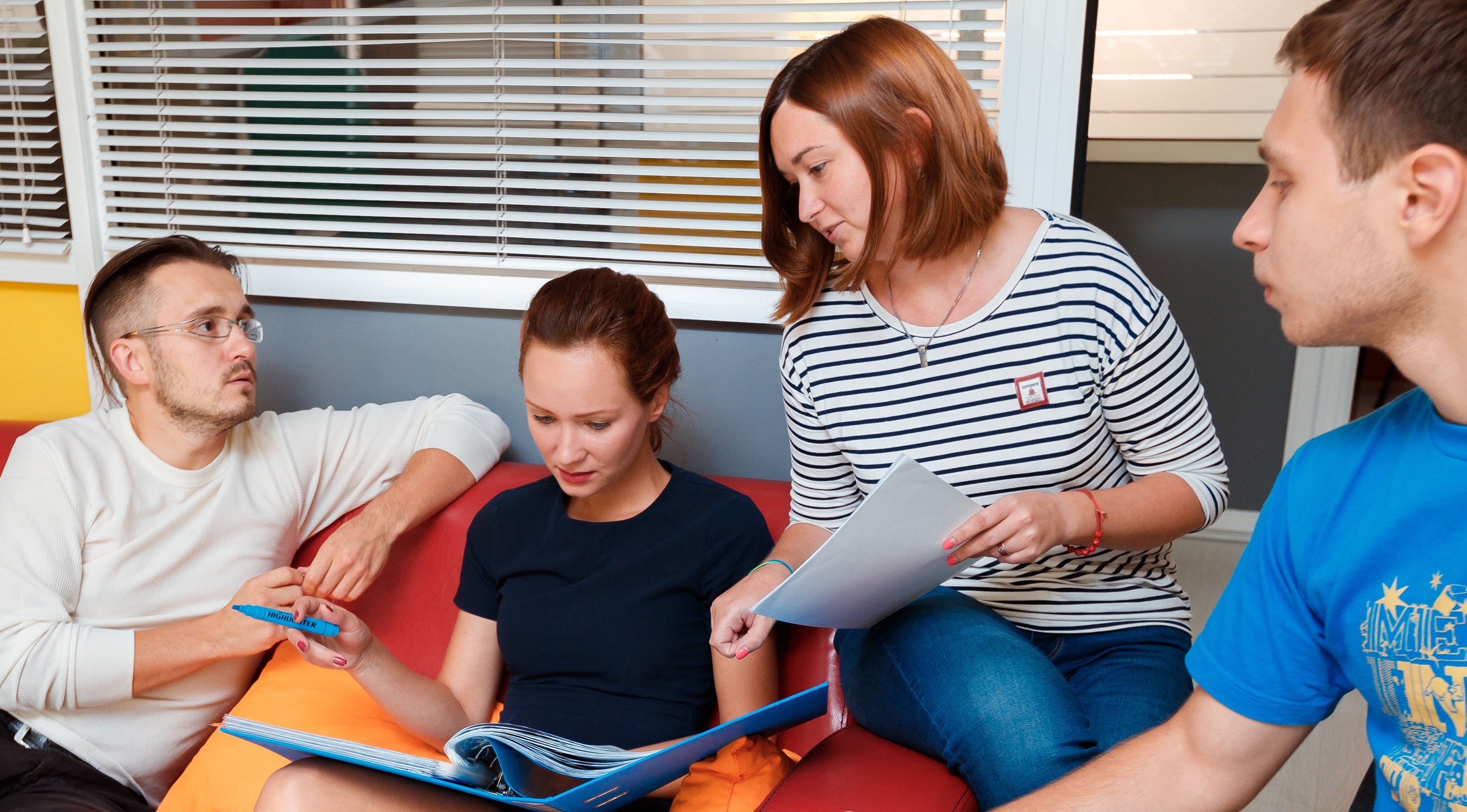How to Achieve Gender Equality at Universities in Bosnia and Herzegovina

How to Achieve Gender Equality at Universities in Bosnia and Herzegovina
April 15, 2022
While gender parity has been achieved in primary and secondary education, women exceed men in higher education in Bosnia and Herzegovina. However, although the number of female students and professors has significantly increased over the previous period, there are still academic disciplines and activities that are dominantly male or dominantly female.
These differences appear first in secondary education and spill over to higher education as well. Women mostly choose social sciences and humanities, as opposed to natural sciences, technology, engineering, and mathematics. These gender stereotypes in choice of academic programmes lead to loss of economic and human potential and reinforce gender pay gaps.
The glass ceiling in the university hierarchy persists, inhibiting career progression of women to senior lecturer and governing structures of universities. This is reinforced by a general lack of policies that would enable gender sensitive work-life balance, as in the case of women that are often halted in their professional promotion due to being pregnant or young mothers.
In terms of education content, gender equality principles are not mainstreamed in curricula and there is a lack of integration of gender perspectives in teaching and research. In this way, knowledge of students on gender equality remains limited, allowing room for gender stereotypes to persist and further perpetuating inequalities. Another significant challenge is a lack of gender appropriate use of language, with policies remaining predominantly gender neutral in terms of both content and language.
This publication explores in depth all the above issues. Its purpose is to seek models for increasing gender equality within the system of higher education in Bosnia and Herzegovina, through gender mainstreaming in the regulatory framework, affirmative measures, and practices.
We therefore hope that the findings of this research will be taken into consideration and applied, as universities can be strong promotors of gender equality, diversity, and inclusion, not only in the higher education context, but also in society at large. A more gender equal higher education could have strong, positive impacts on employment and productivity, as well as the overall economy in Bosnia and Herzegovina.
Authors:
Jasna Bakšić - Muftić
Amila Ždralović
Milena Karapetrović
Zlatiborka Popov - Momčinović
Rebeka Kotlo

 Locations
Locations


















